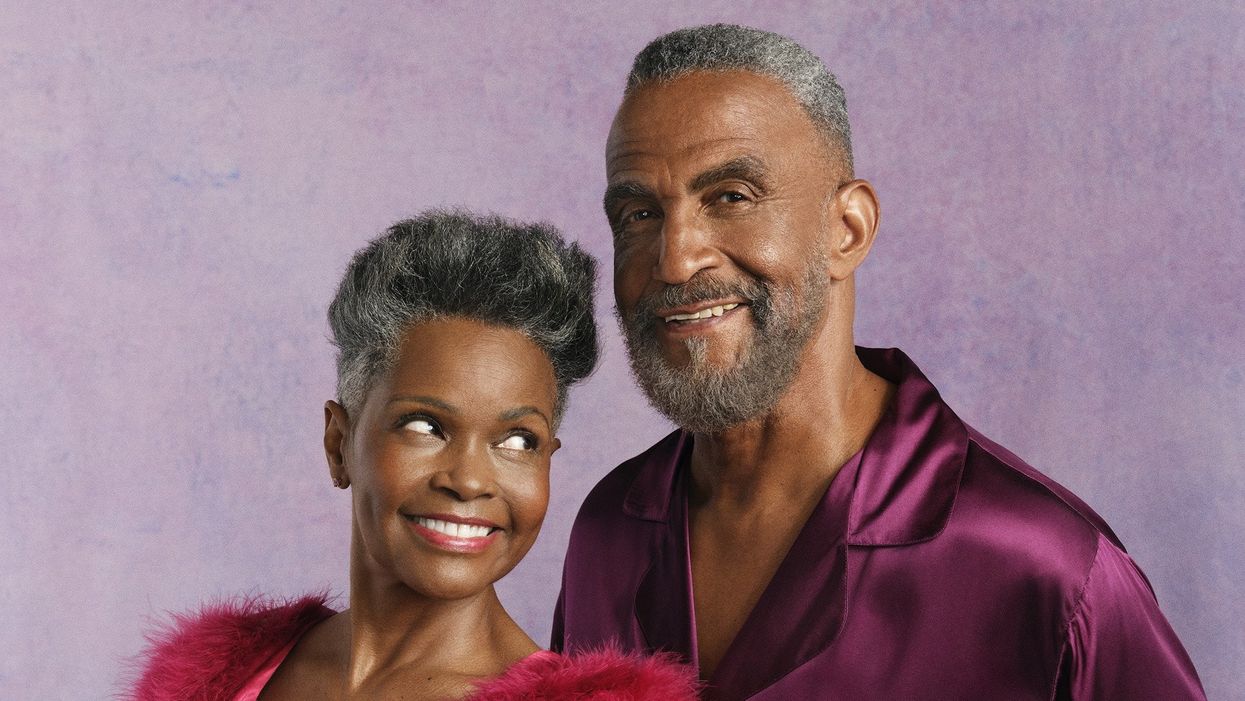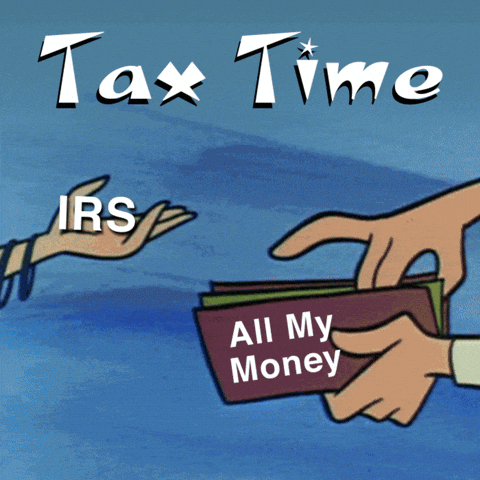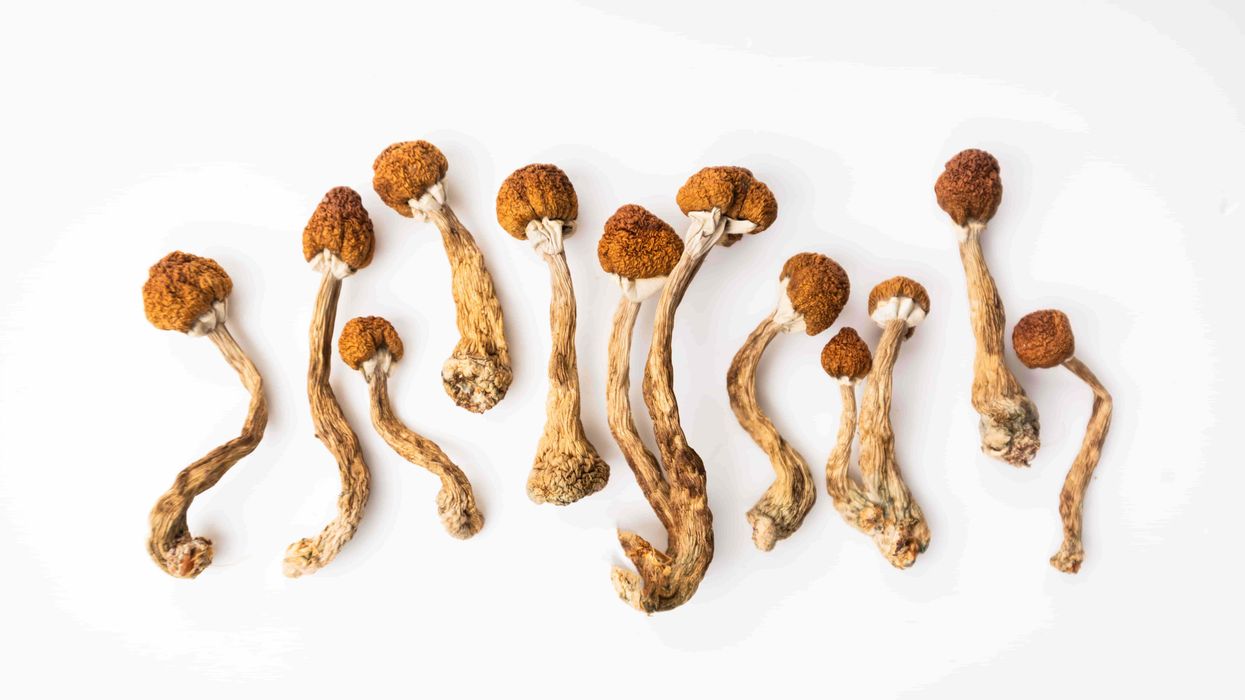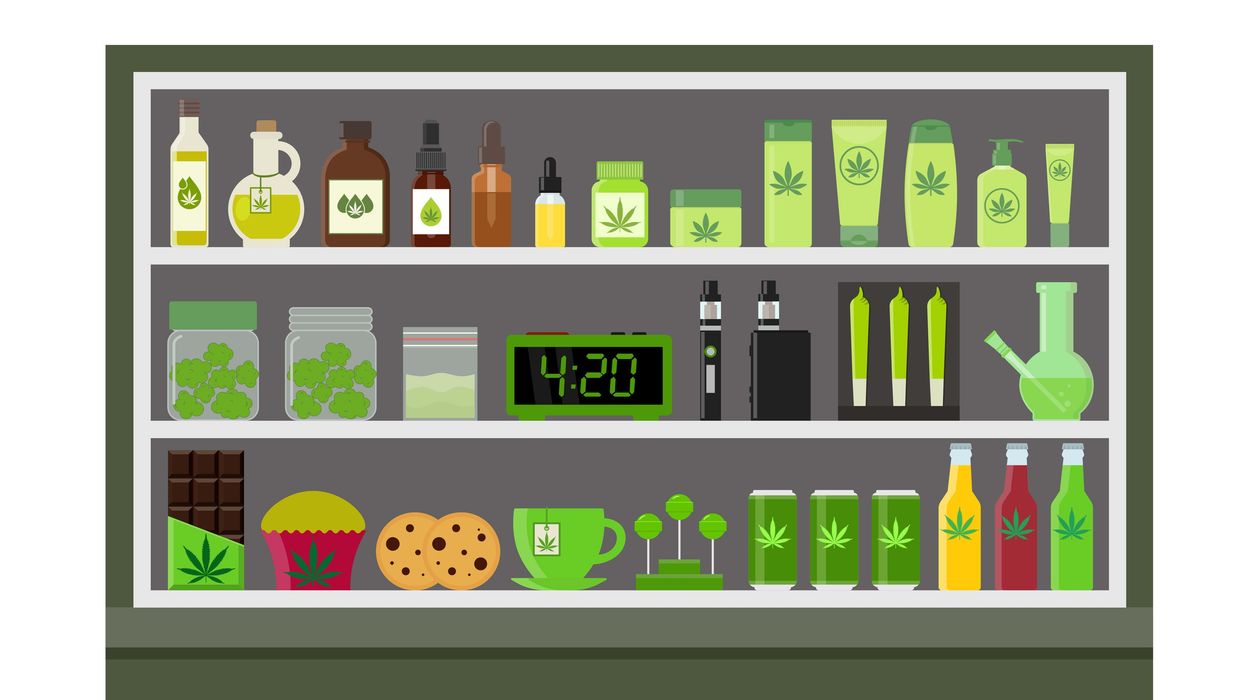Recently, in a widely celebrated move, the Cannabis Media Council launched a nationwide TrafficJunky ad campaign for legal cannabis on Pornhub that has certainly turned heads.
While this might seem like a bold stride towards mainstream acceptance, it may inadvertently steer the cannabis conversation in the wrong direction.
The campaign, featuring an elegant boomer couple and the tagline “All jobs are smoother without the joint pain,” aims to break stereotypes associated with cannabis consumption.
However, choosing Pornhub as the platform for this message is counterintuitive to the normalization of cannabis. It’s also a much easier path to advertise on “high risk processor”-like sites than traditional publishers, DSP’s and SSP’s who frequently reject advertising because of long-held stigmas and antiquated brand-safety blocklists.
Namely, aligning cannabis with adult content does little to elevate the perception and acceptance of cannabis as a legitimate, respectable industry. While Pornhub's vast reach and scale is undeniable, it operates in a sphere fraught with its own controversies and stigmas.
It is just one reason that overlapping these two worlds may reinforce negative stereotypes rather than dismantle them. Cannabis, while gaining acceptance, still struggles to shed its illicit past, and therefore needs platforms that enhance its legitimacy, not ones that could further marginalize it.
Moreover, the association with adult content can only serve to further skew public perception of cannabis users. The nuanced, stereotype-busting message of the campaign risks being lost amidst the more salacious and arousal inducing ads of Pornhub. Additionally, it doesn’t do any favors for the consumption of cannabis for its medical benefits or as a lifestyle choice, rather than as a frivolous or purely recreational substance.
The Bluntness caught up with Amy Deneson, co-founder of the Cannabis Media Council about the campaign who shared, “The Council’s primary goal is to end the mainstream media moratorium on cannabis advertising. Partnering with outlets like Hearst, Conde Nast, and porn platforms is part of this strategy. We (the Council) aim to make a business case for cannabis advertisers."
It's important to clarify that our critique of the Cannabis Media Council's (CMC) choice to advertise on Pornhub does not extend to the overall intent and creativity of their campaign.
In fact, the innovative approach and the messaging of the campaign deserve recognition and acclaim. The "I'm High Right Now" campaign, with its stereotype-busting narrative and focus on an older demographic of cannabis users, is a refreshing and important addition to the landscape of cannabis advertising. This campaign, like MedMen's iconic "Forget Stoner'' campaign in 2018 and Acreage Holding's memorable (though rejected) Super Bowl PSA, among others, represents a significant step forward in normalizing and destigmatizing cannabis use in mainstream media.
These campaigns, including CMC's recent effort, play a vital role in the effort to change public perception and open up conversations around cannabis and cannabis normalization. They challenge existing stereotypes and showcase the diversity of cannabis consumers, moving away from clichéd portrayals to more nuanced and realistic representations. The accolades and awards received this year by the CMC's campaign are a testament to its impact and the resonance of its message with audiences.
It's also worth noting that the advertising world, particularly in sectors like cannabis, often has to navigate complex and restrictive regulatory landscapes. Within these confines, the creativity and boldness of campaigns like "I'm High Right Now" are especially noteworthy. They not only manage to adhere to regulations but also push the boundaries of traditional advertising in this sector, setting new standards for what cannabis marketing can achieve.
According to Deneson, the “'I'm High Right Now' campaign is a category-level, pro-cannabis message aimed at driving consideration for new products and education across all 50 states targeting the baby boomer demographic, the most stigmatized and misinformed group, to normalize cannabis consumption and influence community perspectives."
However, advertising cannabis on Pornhub and celebrating it as groundbreaking, is like yelling into a tornado. No one hears it. While it's true that the adult entertainment industry has its own legal and consensual space, combining these two realms – one still fighting for mainstream acceptance and the other often viewed as taboo – creates a perception that both are part of an alternative fringe culture.
This undoubtedly is a disservice to the many individuals and companies advocating and striving to present cannabis as a positive and normal part of everyday life and as an industry worthy of respect and admiration.
“We've focused on media partners who welcome cannabis advertising at accessible price points and can deliver high performance, aligning with our campaign's goals. Our partnership with Hearst and TrafficJunkie is pivotal in correcting past misinformation and reaching an adult, verified audience effectively,” said Deneson.
“Advertising cannabis on adult sites is merely scratching the surface,” shared Chandler Easley, a branding and marketing expert actively involved in the cannabis industry. “The real impact in normalization comes from integrating cannabis into everyday lifestyle and wellness conversations, not just in niche corners of the internet such as PornHub.”

Adding to the complexities of the Cannabis Media Council's (CMC) advertising strategy, there's a critical point of contention regarding the safety and appropriateness of the chosen platform.
Deneson highlighted that Pornhub's taken steps towards age verification on its properties as a significant factor in their decision to partner with the site. Deneson's statement implies a level of responsibility and alignment with ethical advertising practices. However, this claim raises eyebrows when juxtaposed with the actual user experience on Pornhub.
Upon visiting Pornhub (from several different devices and browsers), we were immediately exposed to adult content with no apparent age verification prompt or barriers. By comparison, nearly all cannabis-centric sites, particularly brands and retailers, must prompt all visitors before entering their sites.
This lack of age-gating contradicts the CMC’s assertion and brings into question the due diligence process in selecting Pornhub as the ideal advertising platform for this campaign.
The absence of effective age verification mechanisms on such a widely accessible site is a major concern, especially when considering the ethical implications of compliantly advertising a substance like cannabis, which has legal age restrictions. This oversight not only undermines the credibility of CMC's commitment to responsible advertising but also casts a shadow over the intention behind choosing a platform that is easily accessible to underage individuals and may not be able to authenticate its audience as 21+.
This discrepancy between the CMC's stated considerations and the reality of the platform's accessibility highlights a gap in responsible and compliant advertising practices. It would be fair to reevaluate the CMC's advertising strategies, emphasizing the importance of aligning with platforms that not only reach a wide audience but also demonstrate a commitment to ethical, responsible and compliant advertising practices.
While one of the CMC’s missions is to work with publishers open to cannabis advertising (and willing to donate their valuable advertising real estate), their focus on scale and broad reach, vis a vis the Pornhub campaign, raises questions about the approach.
It bears pointing out that the overlooked opportunity here lies in partnering with the plathora of cannabis media channels that exist (ahem, like ours), who offer a wealth of valuable and educational content coupled with contextually relevant audiences genuinely and actively interested in this kind of cannabis content and information.
The emphasis on scale, as pursued by the CMC, may seem attractive at first glance, particularly to MSOs. High-traffic platforms like Pornhub offer massive visibility, but this visibility is not necessarily effective. Cannabis is still a nuanced topic, and its acceptance varies widely across different demographics. By casting such a wide net, the CMC risks diluting the message and missing out on engaging with a more receptive, contextually relevant audience.
"While mainstream media has its place, it's the independent media outlets with their highly engaged and niche audiences that truly drive the cultural conversation around cannabis. That's where I think cannabis brands should be focusing their efforts for deeper and more meaningful engagement," added Easley.
These cannabis media publishers provide a more targeted approach. These platforms have audiences who have already expressed interest in cannabis, either for medicinal or recreational purposes. By choosing to advertise through these channels vs. Pornhub, the CMC could ensure that their message reaches individuals who are more likely to be receptive and engaged.
This targeted marketing approach has the potential for a more lasting and tangible impact compared to the inflated "awareness" metrics driven by a strategy focused solely on scale and PR value.
Moreover, the use of contextually relevant channels allows for more nuanced and informative advertising. Cannabis is a complex subject, encompassing health, legal, cultural and lifestyle aspects. Cannabis publishers are better equipped to handle this complexity, offering an environment where cannabis ads can be more detailed, educational, and aligned with their readers' interests, whether nationally or market by market. This is in stark contrast to the broader platforms, where the subtleties of the message may be lost.
For years, these specialized publishers have been instrumental in educating the public and normalizing cannabis. By supporting these platforms, the CMC would not only be targeting a more relevant audience segment but also simultaneously strengthening the overall cannabis media ecosystem while still staying true to its core values and mission.
While the allure of massive platforms and their promise of extensive reach is understandable, the CMC's approach of favoring scale over context may not be the most effective strategy for the cannabis industry. In an era where consumers are inundated with advertising, targeted, contextually relevant marketing on cannabis media platforms could yield better engagement and contribute more significantly to the normalization and acceptance of cannabis.

While innovative advertising strategies are essential for the cannabis industry, especially given the regulatory constraints, the choice of platform matters greatly. The goal of normalizing cannabis use is best served by aligning with platforms and mediums that reflect the respectability and diversity of the cannabis community.
The industry should aim to foster an image that resonates with the general public's growing acceptance and understanding of cannabis, rather than risk alienating segments of the population by associating with platforms like Pornhub that could potentially undermine these efforts.
So while there are valid criticisms to be made about CMC’s choice of Pornhub, this should not overshadow the commendable aspects of their work. The creativity, intent, and impact of their campaign are exemplary and should be celebrated - as they have been.
These efforts contribute significantly to reshaping the narrative around cannabis, aligning them with other notable and groundbreaking campaigns in the industry. But they can do more to “normalize” cannabis and reach intended audiences at scale or in a hyper-targeted manner.
True normalization of cannabis goes beyond just visibility. It requires a concerted effort to demystify and educate, turning what was once taboo into a topic as commonplace and accepted as any other consumer product.
Alas, we (as an industry) still have a lot of work to do.














 Erven's Angela BaconPhoto: Cindy Trinh 2024 | Erven
Erven's Angela BaconPhoto: Cindy Trinh 2024 | Erven Erven's Solonje Burnett Photo: Cindy Trinh 2024 | Erven
Erven's Solonje Burnett Photo: Cindy Trinh 2024 | Erven

